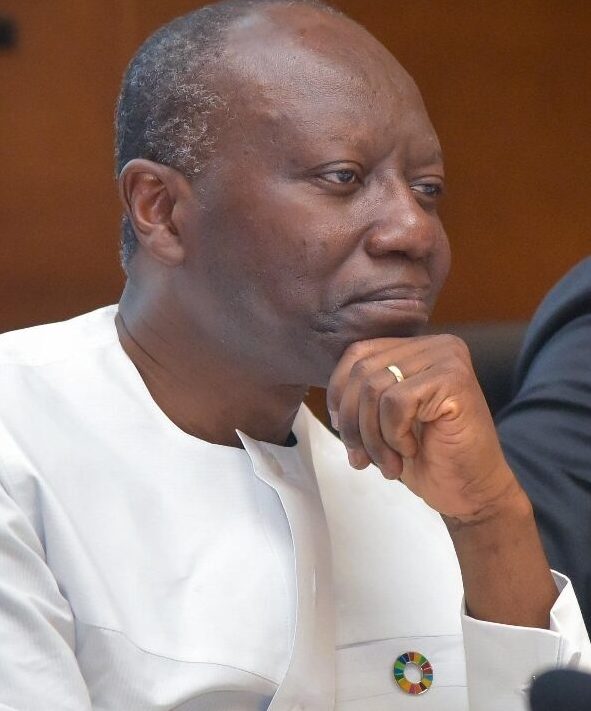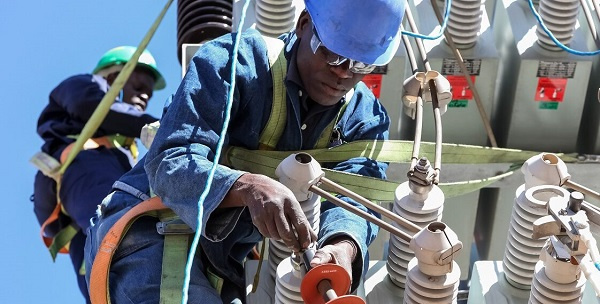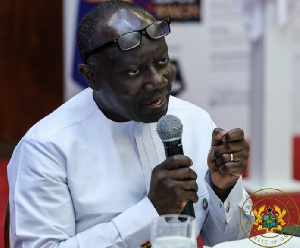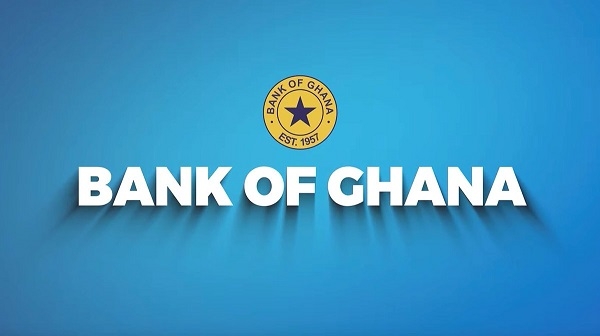Value of MoMo transactions drop by GH¢3 billion ahead of E-Levy passage

Data published by the Bank of Ghana (BoG) has revealed that the value of mobile money transactions has dropped by GH¢3.2 billion in December last year, less the one month after Finance Minister, Ken Ofori-Atta, announced in the 2022 budget of an electronic transfer levy (E-Levy).
According to the report, the value of transactions on the country’s largest payment platform decreased to GH¢82.9 billion in December from GH¢86.1 billion recorded in November 2021, representing a 3.8 percentage points decline.
Compared to before Mr. Ofori-Atta announced the introduction of the 1.75 percent E-levy, the value of mobile money transactions had just increased to GH¢80 billion in October from GH¢71.7 billion in September, that is more than 10 percentage points increase between the two months.
Besides this, the volume of transactions also shows there is some kind of apprehension from some customers in using the mobile money platform, as it recorded 300,000 increase in December, representing 0.75 percentage point growth from November.
However, compared with September and October, there was 700,000 increment in volume of transactions, which represents 1.74 percentage points growth.
This development indicates change in consumer behaviour regarding the use of the payment platform after the 1.75 percent E-levy was announced.
It also sort of confirms fears by many, including mobile money agents, that passing the E-levy will discourage the use of the payment platform by many customers, which will in turn, end up collapsing their business, a concern several government officials have debunked.
For example, Minister of Communications, Mrs. Ursula Owusu-Ekuful, at a townhall meeting on the E-levy in Koforidua, Eastern Region, said in response to concerns by the mobile money operators that: “I can confidently say to the MoMO operators that we are working to grow your business and not destroy it”.
And a Deputy Minister of Finance, John Kumah, admits that though government’s research indicates there will be about 24 percent attrition rate when the levy is passed, that will not lead to job losses. He made this claim when he appeared on Citi TV.
E-levy deadlock
Ever since the finance minister announced the 1.75 percent E-levy, there have been several agitations coming from different segments of the society, including a brawl in Parliament between the minority and majority.
The agitations have revolved around the rate, with some saying the 1.75 is too punitive. Other concerns are about its impact on financial inclusion, as the mobile money platform has successfully led to the inclusion of many, including illiterates and those in informal sector, in the financial system. While others are also upset about the fact that the new tax will increase their cost of doing business.
What the E-Levy will cover
According to the minister, the E-Levy will affect mobile money transfers between accounts on the same electronic money issuer (EMI); mobile money transfers from an account on one EMI to a recipient on another EMI; transfers from bank accounts to mobile money accounts; transfer from mobile money accounts to bank accounts; and bank transfers on a digital platform or application which originate from a bank account belonging to an individual to another individual.
What it will not cover
Mr. Ofori-Atta added that certain transactions will be exempt from the E-Levy. This, he said, include cumulative transfers of GH¢100 per day made by the same person; transfers between accounts owned by the same person; transfers for the payment of taxes, fees, and charges on the Ghana.gov platform; and electronic clearing of cheques.
It also includes specified merchant payments (i.e. payments to commercial establishments registered with GRA for Income Tax and VAT purposes); and transfers between principal, master-agent, and agent’s accounts.





